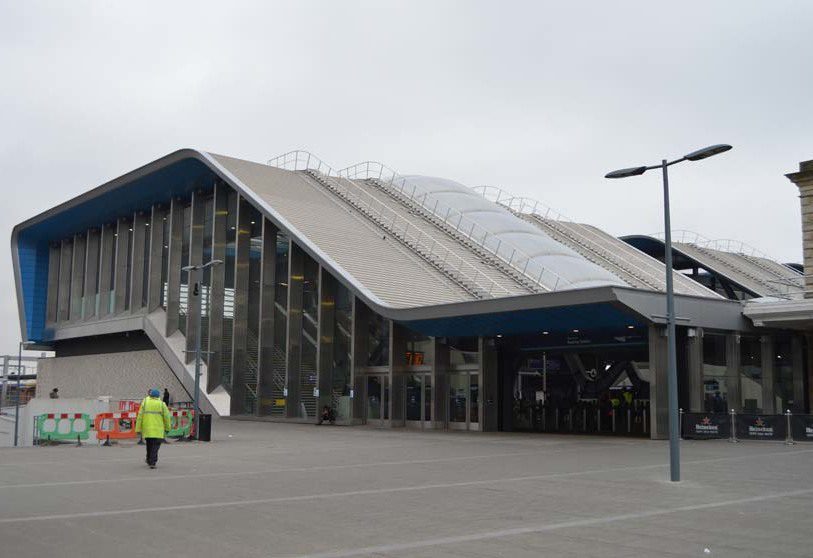COMMUTERS are being warned of severe disruption when railway staff go on strikes later this month.
The RMT national walk-out is to take place on Wednesday, July 27, and there will be additional delays the following day as services will start late and on a reduced service basis.
Members of ASLEF will strike on Saturday, July 30, affecting Great Western Railway services.
The RMT said that Network Rail offered its workers a 4% pay rise, with a possible 4% in the second year, on the condition that rail workers accepted all terms and conditions. However, the union said that it has yet receive a pay offer or guarantees over job losses from the train operating companies (TOCs).
Its union boss Mick Lynch said: “Strike action is the only course open to us to make both the rail industry and government understand that this dispute will continue for as long as it takes, until we get a negotiated settlement.
“The public who will be inconvenienced by our strike action need to understand that it is the government’s shackling of Network Rail and the TOCs that means the rail network will be shut down for 24 hours.”
Andrew Haines, Network Rail chief executive, said: “It is incredibly frustrating the RMT has again chosen to disrupt our passengers, and even more so that they haven’t even put what was a fair and affordable two-year pay offer to their members.”
He added: “We have been clear that we can only fund an increase from our own budgets, and the only way we can afford that is by modernising working practices. The RMT’s rejection of our latest offer can only mean they want a pay increase to be funded either by more taxpayer support or higher passenger fares, neither of which we think are fair.”
South Western Railway, which runs services from Reading to Waterloo, said that it is working with Network Rail to produce an amended timetable, with service levels to be similar to June: a severely reduced number of trains ran on just a handful of key routes.
The firm’s managing director Claire Mann said: “It is bitterly disappointing that the RMT has announced this latest strike date. We know how damaging and disruptive industrial action can be, and I’m sorry to all those who’s plans will be disrupted by this damaging strike.
“We are working hard to finalise a contingency timetable, but we expect we’ll have no choice but to close significant parts of our network on Wednesday, July 27, with severe disruption expected on the following day.
“That’s why we’re urging customers who are planning to use our services on Wednesday 27 and Thursday 28 July to begin making alternative arrangements”.
Great Western Railway, which runs services from Reading to London Paddington, will also be affected.
Mick Whelan, general secretary of ASLEF, said: “We don’t want to go on strike – strikes are the result of a failure of negotiation – and this union, since I was elected general secretary in 2011, has only ever been on strike, until this year, for a handful of days.
‘We don’t want to inconvenience passengers – not least because our friends and families use public transport, too, and we believe in building trust in the railways in Britain – and we don’t want to lose money by going on strike.
‘But we’ve been forced into this position by the train companies, driven by the Tory government. The drivers at the companies where we are striking have had a real terms pay cut over the last three years – since April 2019.”
In a statement on its website, GWR warns that another union, TSSA, is also planning strike action. While no dates had been set, it is thought they could coincide.
“Where we are able to run services, they are expected to be extremely busy,” the statement says. “We are not able to provide bus replacement services.”
SWR will publish details of its reduced timetable when finalised and customers should check the website for latest updates: https://www.southwesternrailway.com/industrial-action.
GWR’s information is at: https://www.gwr.com/strike




















































